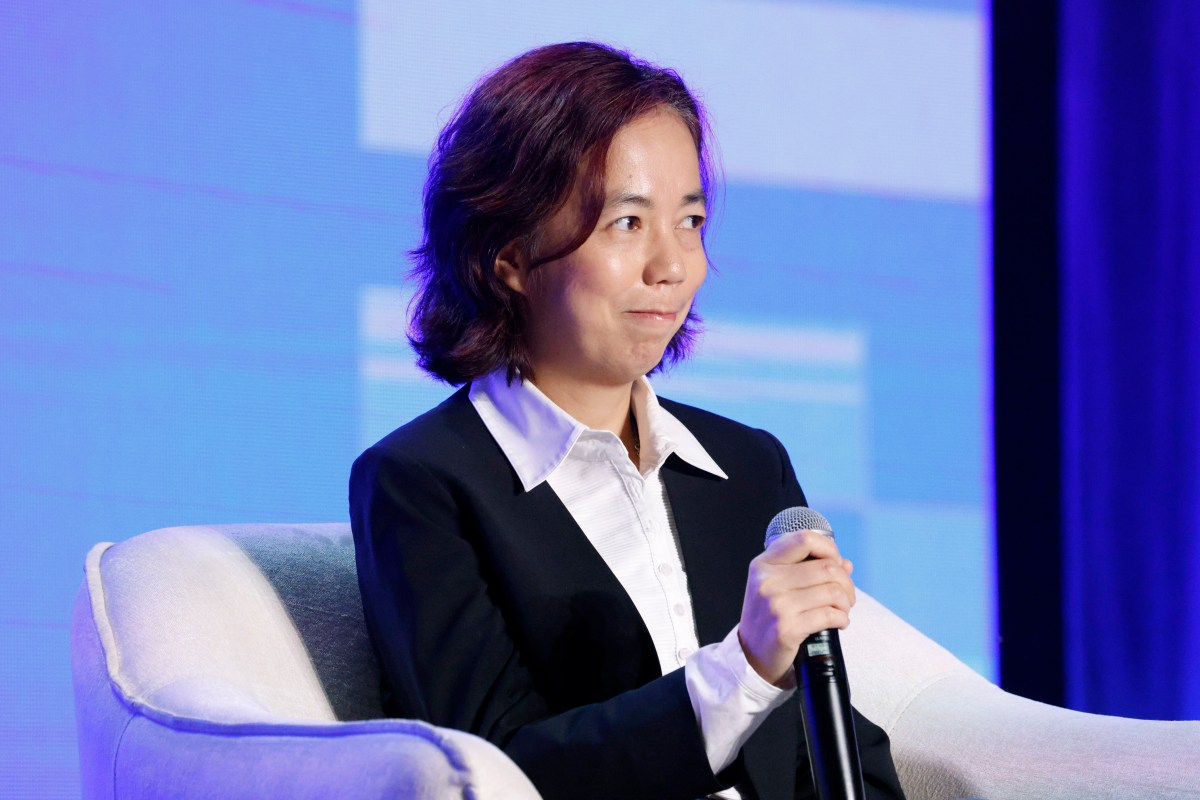Fei-Fei Li, the Stanford pc scientist and startup founder generally referred to as “the Godmother of AI,” has outlined “three fundamental principles for the future of AI policymaking” forward of subsequent week’s AI Motion Summit in Paris.
First, Li mentioned coverage should be primarily based on “science, not science fiction.” In different phrases, policymakers ought to give attention to the present actuality of AI, not on grandiose futuristic eventualities, “whether or not utopia or apocalypse.”
Specifically, Li mentioned that it’s essential for policymakers to grasp that chatbots and co-pilot packages “should not types of intelligence with intentions, free will or consciousness,” to allow them to keep away from “the distraction of far-fetched eventualities” and focus as a substitute on “important challenges.”
Second, she argued that coverage ought to “be pragmatic, fairly than ideological,” by which she means it must be written to “minimise unintended penalties whereas incentivising innovation.”
Lastly, Li mentioned these coverage should empower “the whole AI ecosystem — together with open-source communities and academia.”
“Open entry to AI fashions and computational instruments is essential for progress,” she mentioned. “Limiting it would create obstacles and gradual innovation, notably for educational establishments and researchers who’ve fewer sources than their private-sector counterparts.”

